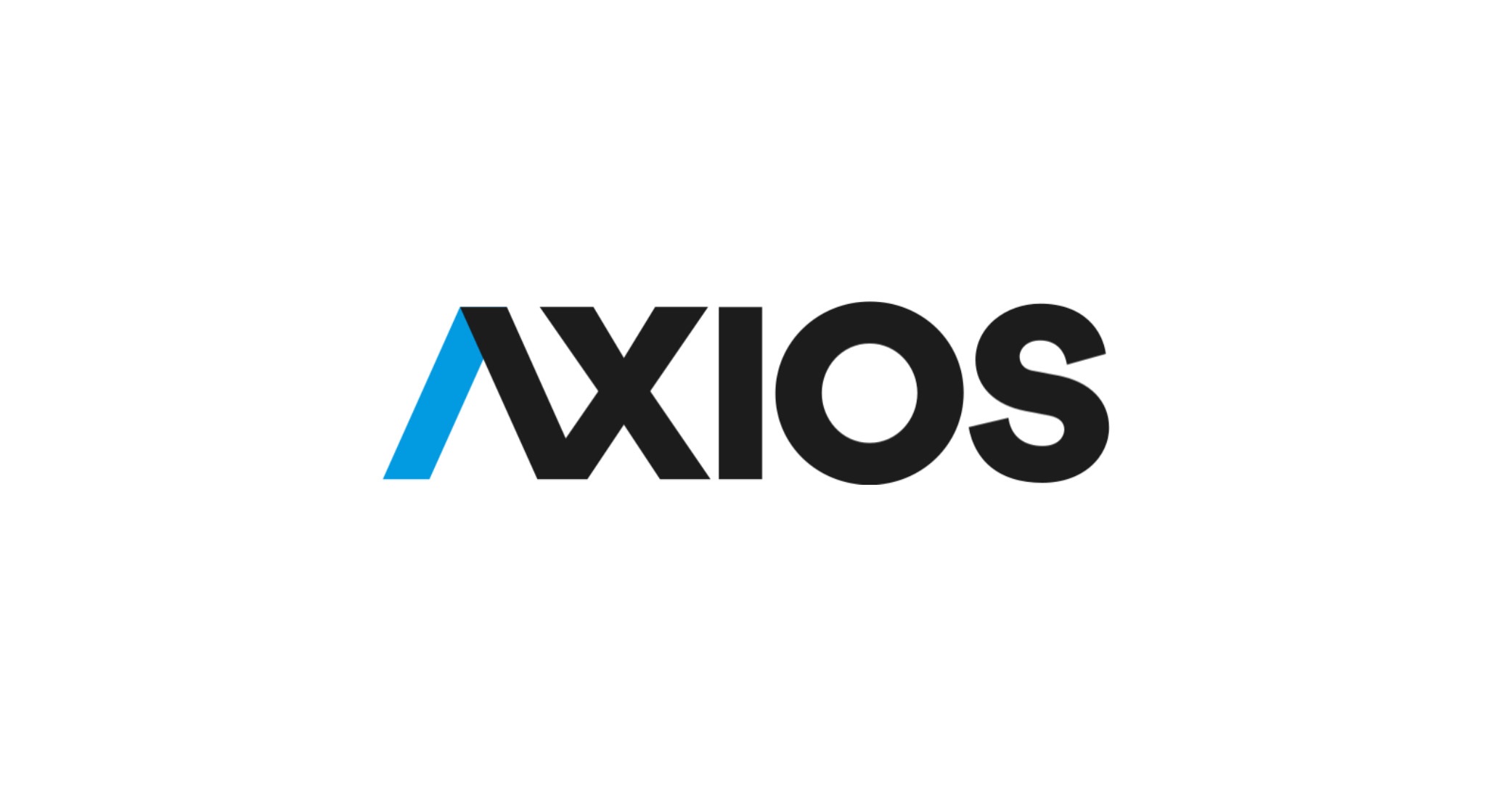
By Adriel Bettelheim and Tina Reed
June 15, 2022
Inflation is changing the way we eat, shop and spend our leisure time. And the cost spiral is influencing how Americans weigh healthcare against other necessities.
The big picture: During the pandemic, Americans aged 50 to 64 said they’ve been skipping medications, cutting back on food and utilities to cover their medical needs. And they’re increasingly worried about covering their future bills, according to newly released Gallup polling.
- Volatile economic conditions — high gas prices! stagnant growth! — could make that worse, Gallup said in its report.
What they’re saying: “For decades, healthcare costs have grown at a rate double that of Americans’ incomes, but as inflation rises to a 30-year high and global supply-chain shortages reach new heights, households across every income bracket are feeling strained,” the report said.
- It’s a sobering coda after improving economic conditions and significant amounts of federal relief reduced the hardship seen during some of the worst days of the pandemic in the summer of 2020.
Details: 42% of adults over 50 but still too young for Medicare said they’re worried about being able to cover their medical expenses in the coming year, according to the survey Gallup and the nonprofit West Health conducted last fall as U.S. consumer prices began to spike.
- 26%, reflecting an estimated 16 million people, said they or a member of their household had a health problem in the past three months but didn’t seek treatment due to cost concerns.
- 18%, or an estimated 11 million, said they or a family member skipped a pill, prescribed dose, or other types of medication in the past year to save money.
- Adults over 50 reported they’ve cut back on clothing, over-the-counter drugs, food, and utilities, in that order, to pay for needed healthcare.
The big picture: This population not yet eligible for Medicare already faced a heightened risk of severe illness and death and has been seeing out-of-pocket costs take up a greater proportion of their expenses as they age.
Between the lines: So far, inflation within the healthcare sector is holding relatively steady. That’s, in part, because prices are set by government programs or negotiated with private insurers in advance and aren’t as volatile as labor, food and other supply costs.
- Yes, but: “In our view, it is only a matter of time before prices for healthcare catch up to this increase,” McKinsey warned in a report earlier this year.
- Providers will demand higher reimbursement rates and payers will pass along those costs to employers and consumers who’ve already shouldered increases averaging more than 6% annually since 1999, the McKinsey report said.
- And, even brief hikes to healthcare inflation could have lasting costs.
What we’re watching: Added inflation fears are hanging over the grinding health debates in Congress.
- Democrats trying to revive parts of President Biden’s social agenda pitch measures like drug price controls or paid family and medical leave as a way to help families and better control spiraling health costs.
- And yet voters have major concerns over whether expensive social policy items could lead to more inflation. That puts a premium on rebranding the Build Back Better package and portraying it as a prescription for troubled times.
